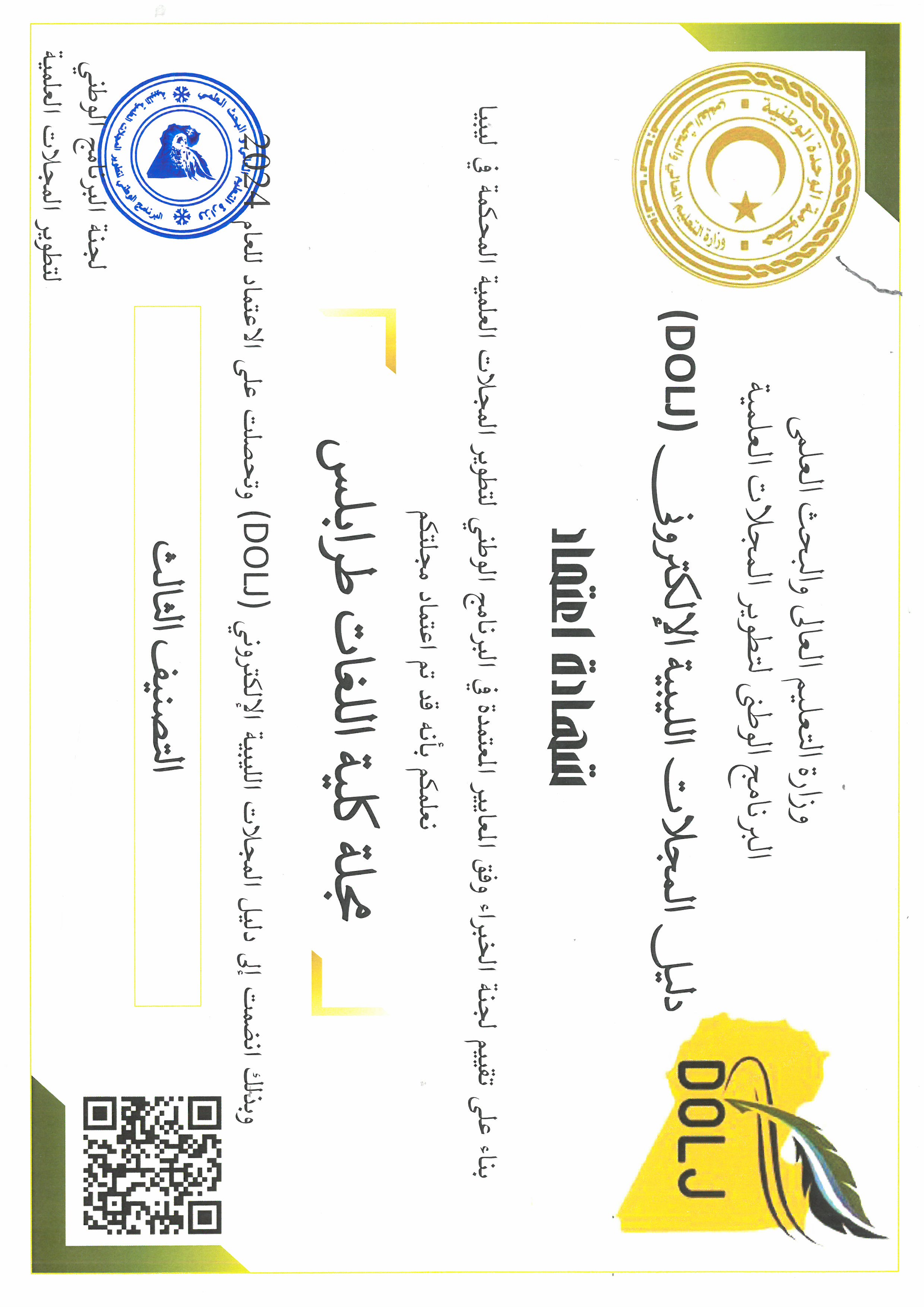Evaluating the Fidelity and Accuracy of ChatGPT 4 and Google Translate in Translating Legal English Documents into Arabic – and Vice Versa
DOI:
https://doi.org/10.56592/flj.v1i29.1063الكلمات المفتاحية:
Chat Generative Pre-Trained Transformer (ChatGPT4), Google Translate, Legal Documents, Artificial intelligence (AI)الملخص
تتطلب عملية تقييم وضمان دقة الترجمات، خاصة فيما يتعلق بالوثائق القانونية المترجمة من اللغة الإنجليزية إلى العربية والعكس، تحليلاً شاملاً يأخذ في الحسبان عدة جوانب مثل الصحة اللغوية، النواحي الثقافية الخاصة، دقة استخدام المصطلحات القانونية، والحرص على الحفاظ على الهدف الأصلي للنص. توفر كل من محولات الدردشة التوليدية المدربة مسبقا 4 وترجمة جوجل خدمات ذات قيمة في هذا السياق. بيد أن فاعلية كل منهما قد تتفاوت تبعاً لتعقيد النص، تخصص المصطلحات القانونية، والدقائق اللغوية في كل من اللغة المصدر والهدف. بهدف التوصل إلى نتائج محددة لهذه الدراسة، اختارت الباحثة خمس نماذج متباينة من الوثائق القانونية لترجمتها عبر محولات الدردشة التوليدية المدربة مسبقا 4 وترجمة جوجل، ومن ثم إجراء مقارنة بين الترجمات المستحصلة لتحديد أي من الخدمتين تقدم ترجمة أكثر دقة. … تتفوق خدمة الترجمة من جوجل ترجم في ترجمة المصطلحات المتخصصة نظرا لبياناتها الهائلة والمحدثة، مما يجعلها فعالة في مجالات مثل القانون. يوفر محولات الدردشة التوليدية المدربة مسبقا) شات جى بى تى (4 قدرة محادثة أوسع ولكنه قد لا يتطابق مع دقة الترجمة المتخصصة....

 https://orcid.org/0009-0002-8251-5878
https://orcid.org/0009-0002-8251-5878




